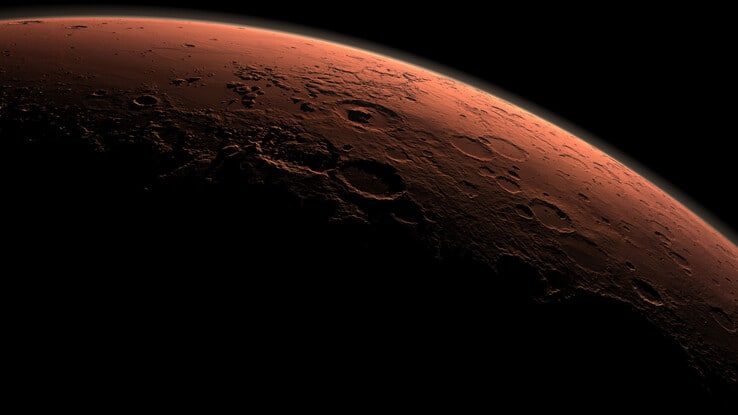
Are we all Martians? This latest scientific discovery suggests so
What's the story
A decade ago, a robotic rover on Mars unearthed a crucial answer. It's now clear that the red planet does have organic material in the sediment of its ancient lakebeds, indicating widespread carbon chemistry across it. The discovery was led by planetary scientist Yuichiro Ueno of the Tokyo Institute of Technology. While this does not necessarily suggest alien life, as organic molecules can be produced by non-biological processes, it has recently been suggested that this material originated from Mars's atmosphere.
Origin
Mars's atmosphere: The origin of organic material
Researchers discovered that carbon dioxide in Mars's atmosphere reacts with ultraviolet sunlight, to form a mist of carbon molecules that descend onto the planet's surface. "Such carbon-based complex molecules are the prerequisite of life, the building blocks of life, one might say," explains chemist Matthew Johnson from the University of Copenhagen. He further clarified that this organic material forms through atmospheric photochemical reactions without any biological intervention.
Process
Photolysis: The key to Mars's organic chemistry
Photolysis, a process where molecules are broken apart by light, is believed to play a significant role in the formation of organic components on Mars. This process produces carbon monoxide and oxygen atoms from CO2 and works faster on lighter isotopes. Consequently, molecules containing carbon-12 deplete faster than those with carbon-13, leaving an 'excess' of C-13 carbon dioxide behind.
Evidence
Martian meteorite confirms atmospheric carbon-13 enrichment
A few years ago, researchers identified atmospheric carbon-13 enrichment when they analyzed a Martian meteorite that landed in Antarctica. "The smoking gun here is that the ratio of carbon isotopes in it exactly matches our predictions in the quantum chemical simulations," Johnson explained. The missing piece was found in data obtained by the Curiosity rover in Gale crater, which showed a carbon-13 depletion mirroring the enrichment found in the Martian meteorite.
Implications
Mars's organic material: A clue to Earth's origins
Johnson asserts that the carbon-13 depletion in the organic material and the enrichment in the Martian meteorite can only be explained by photolysis. This discovery provides strong evidence that the carbon organic material found by Curiosity, was formed from carbon monoxide produced by photolysis. It also suggests a possible origin for organic material on Earth, as billions of years ago, Venus, Earth, and Mars all had very similar atmospheres.